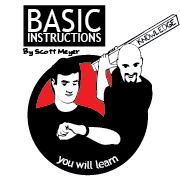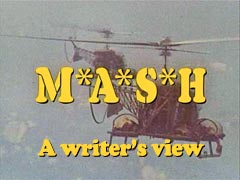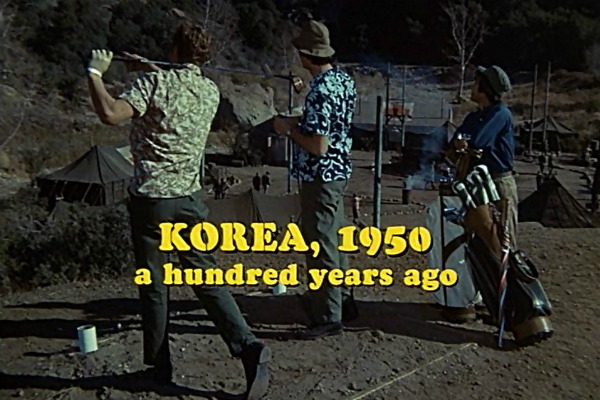I confess that I am unsure whether I should continue my posts on M*A*S*H, or whether I should just keep my notes to myself and take the existing posts private.
On the one hand, I seem to have found the perfect method for making my 3.6 Loyal Readers’ eyes glaze over. I certainly don’t mean to be boring, and it always dismays me when I succeed.
On the other hand, while I don’t know what constitutes a quorum of 3.6 Loyal Readers according to correct parliamentary procedure, I do know that a quorum of one writer is… one writer. So I might just take the attitude of the apazine editor quoted by Frederik Pohl in The Way the Future Was:
‘Wow, gang, you really slammed the last ish, but wotthehell, we’ll keep plugging.’
Your comments are important to me, even if you have nothing more to say than ‘I read this and it was OK’. They help me decide what is worth writing more of and what isn’t, and when they dry up, I find myself rather at sea.












Recent Comments